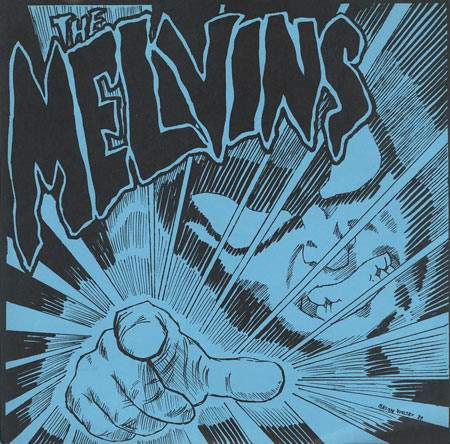While reading Gabriel Rockhill’s exposé on Slavoj Zizek what stood out to me a lot was the brief mention of postmodern philosopher Jacques Derrida being involved in “anti-communist political activism against the government in Czechoslovakia”.
While I’ve always known that Postmodernism is an enemy of Marxism, this makes it sound like postmodern philosophers are also feds. The source Rockhill cites for Derrida’s anti-communist praxis is the 1999 book The Velvet Philosophers by Barbara Day. Has anyone read this book? What specifically is said about the topic in it?


postmodern philosophers are not necessarily postmodernists. these philosophers are probably better considered as post-structuralists identifying their contemporary condition as postmodern. these philosophers frequently critique the postmodern condition, such as what Fredric Jameson said in chapter 1 of The Cultural Logic of Late Capitalism:
and